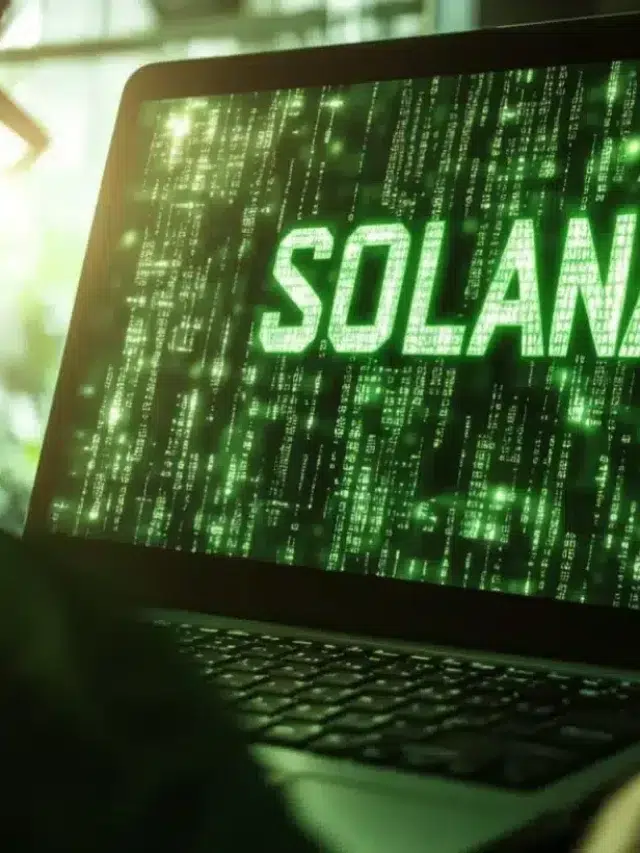Solana upgrade raises block capacity by 20%, improves developer tools
Solana is gearing up for a major upgrade to its validators, increasing its scalability and throughput.
Solana (SOL) is rolling out a major upgrade that hopes to make the chain more scalable. On Monday, May 5, Solana’s development optimization service Helius announced the rollout of Agave v2.2, an update to the Solana validator client. The update will increase block capacity by 20%, as well as introduce other improvements to network scalability and throughput.
For one, block limits will be raised from 50 million to 60 million compute units, which will increase throughput. Bigger block limits mean that the network can process more transactions per second, also making it more scalable. This would also help Solana deal with congestion, which has been an issue in the past.
Solana Agave 2.2 brings speed, improved experience
The network will also replace Merkle trees with Account lattice hash. This means that updates to the accounts will only track the changes, rather than the entire data, which significantly reduces the load on the network. According to Ben Hawkins, head of staking ecosystem at the Solana Foundation,

For developers, the upgrade brings a better experience in several ways. For one, developers will be able to pause and update the apps when they find bugs, without deleting them. At the same time, developers will also be able to update small parts of an app, instead of reuploading the entire codebase, saving them compute resources.
At the same time, developers will be able to connect app components without workarounds for caller restrictions, which have been removed. For users, Solana has added support for logins without passwords, which makes apps safer for Web2 users.
In 2022, Solana suffered several network-wide outages, prompting criticism over its stability and decentralization. This came after the collapse of FTX, which was a major validator for Solana. Since then, the network has not suffered technical challenges on that magnitude.




